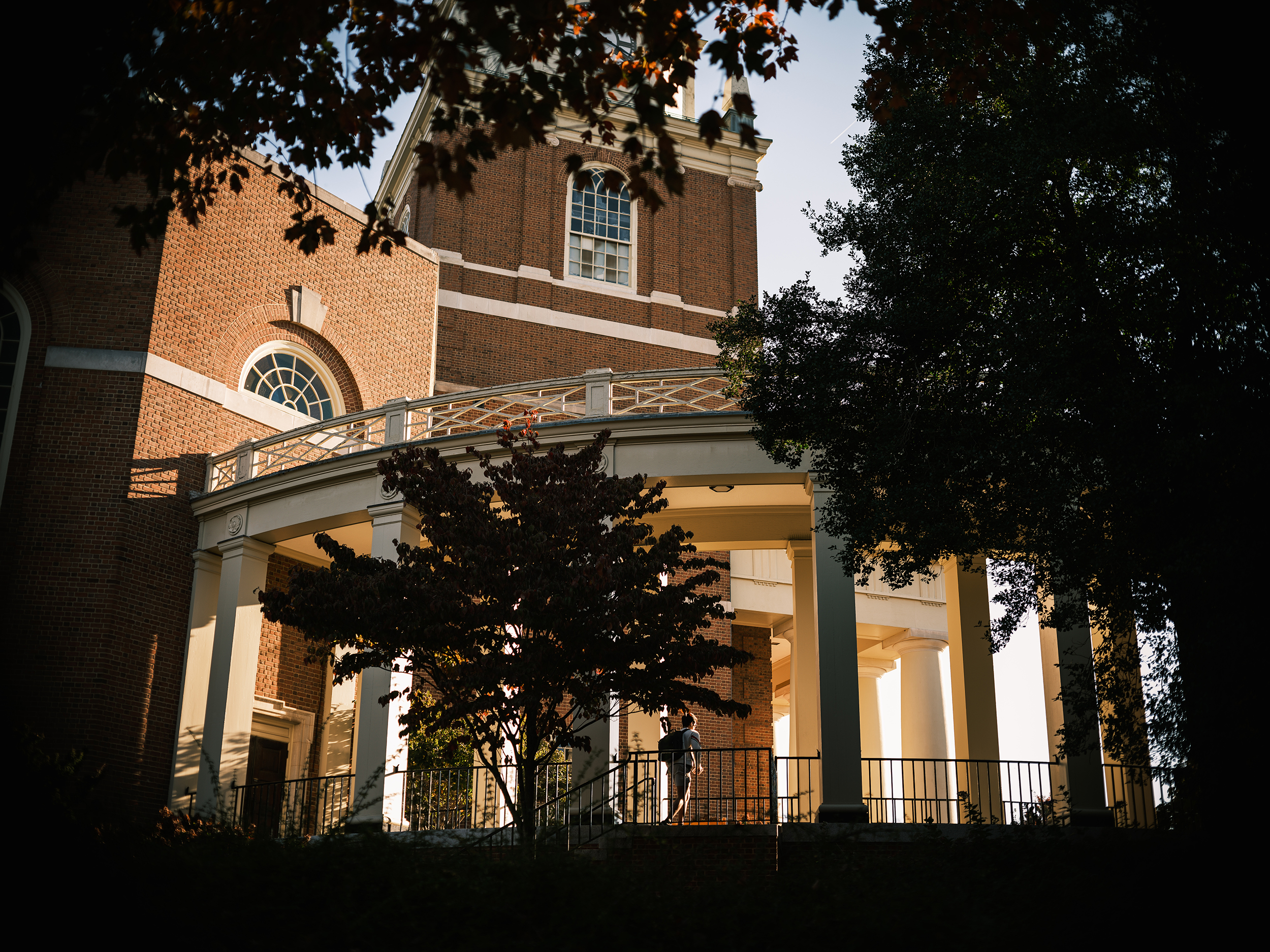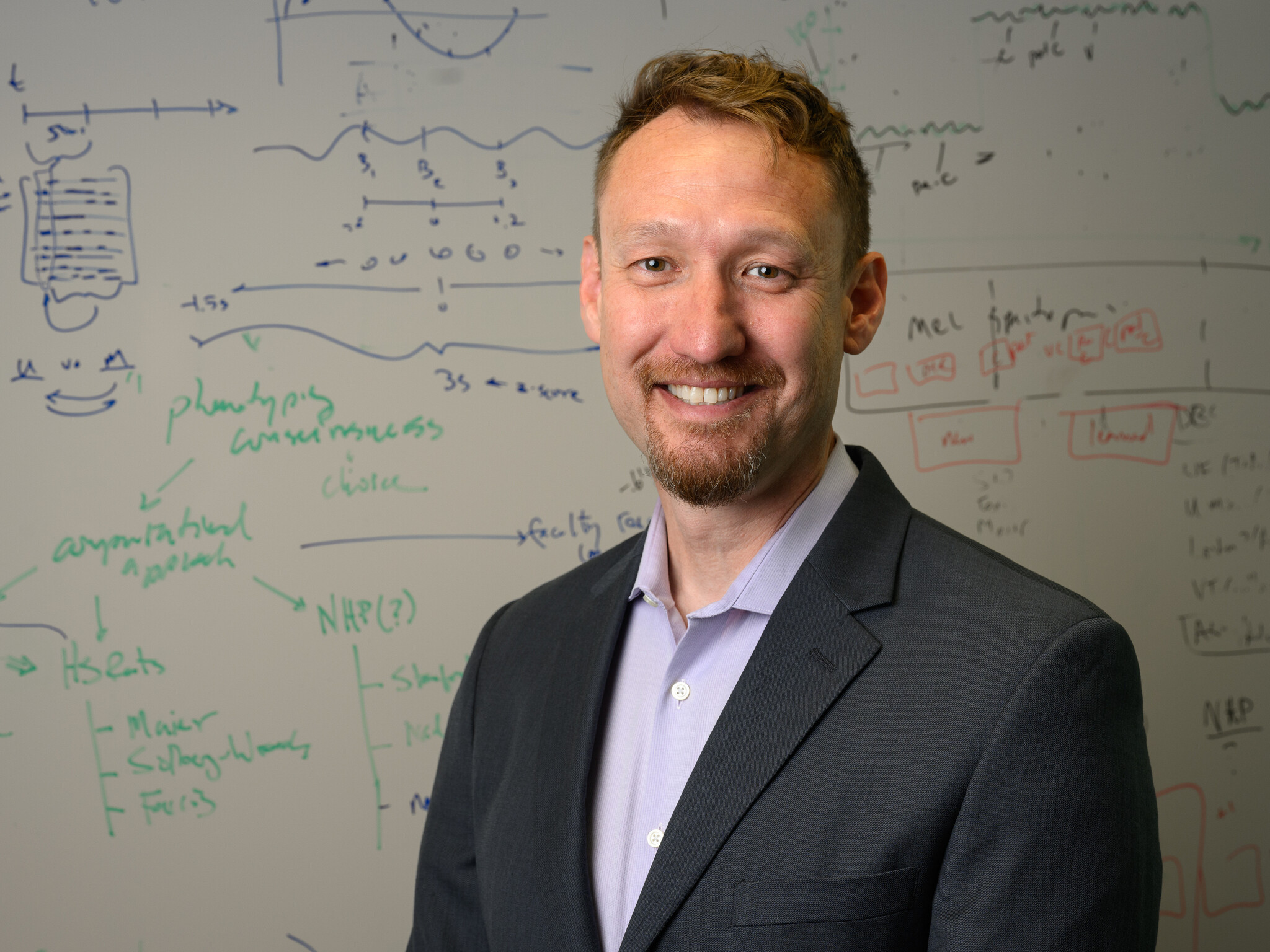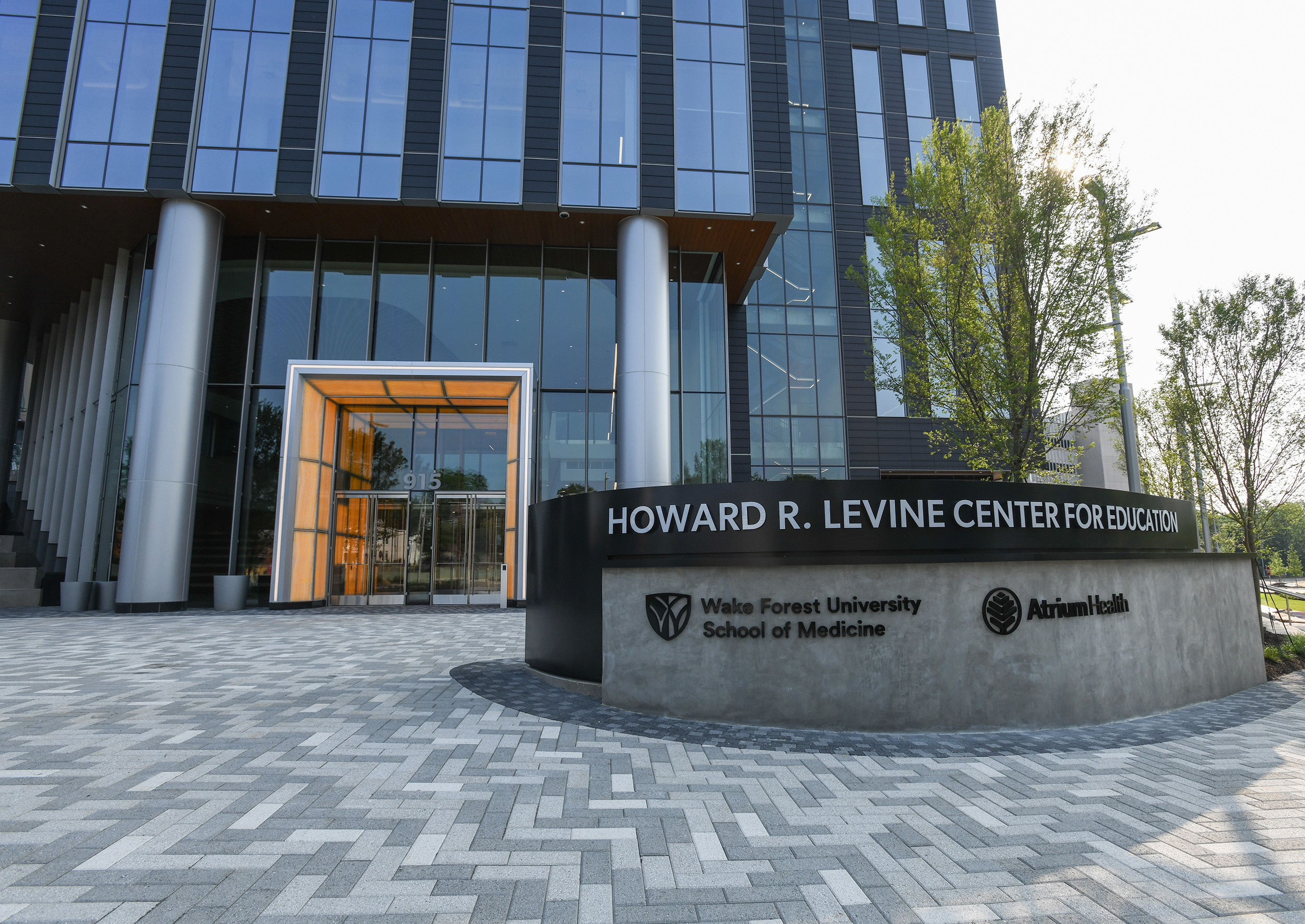Scholars beyond borders
Students from Wake Forest’s Schools of Divinity, Law and Medicine will travel to Nicaragua during spring break for a cross-disciplinary course focusing on professional development. The course is co-taught in Managua with faculty from each of the schools.
Through seminars, field work and service opportunities, students will explore what it means to be a member of the professional class and how this meaning is formed through training and practice. Students will work with Nicaraguan partners to help solve social, economic, environmental and healthcare challenges in that country.
The trip takes professionals from across three disciplines out of their “silos” of training, says Steve Virgil, director of the Community Law and Business Clinic and associate clinical professor of law. “Students travel to an area that is challenged by poverty and consider, for example, what it means to have limited access to healthcare from ethical, legal and medical perspectives.”
This trip is not focused on service specifically. Instead, Virgil says it is an opportunity for professional school students to recognize the power they have to use their knowledge to help improve the lives of people living in other parts of the world.
While in Nicaragua, students will have access to resources available in Wake Forest’s newest international facility, Casa Dingledine. Located in Managua, Wake Forest purchased Casa Dingledine with a generous financial donation from Tom and Karyn Dingledine. Tom Dingledine earned his MBA at Wake Forest in 1978.
Interest in developing a Nicaragua program began in 2006 when then MBA student Chris Yuko, who graduated in 2009, worked to coordinate a plan to help entrepreneurs in Nicaragua—a country in which Yuko had developed an interest in after spending time there. In March 2007, 18 students participated in “Project Nicaragua,” spending spring break providing local entrepreneurs in Managua with information on basic, sustainable business practices. Business students continue to lead these week-long seminars and consultations during winter, spring and summer breaks. Over 150 Nicaraguan business owners have attended at least one of the seminars and over 200 jobs have been created by these businesses.
Also part of the Nicaragua Nexus are:
• A week-long summer program launched by the Provost’s Office for Global Affairs called LENS (Learning, Experiencing, Navigating, Solving) designed to prepare Nicaraguan high school students for leadership roles in business and society.
• Interdisciplinary summer service-learning trips focusing on global health, nutrition, and communication in developing countries. Students have worked in two nonprofit organizations dedicated to providing health care to struggling Nicaraguans: Amigos for Christ and AMOS Health and Hope. Read More »
• Students from the Graduate School of Arts and Sciences studied with their undergraduate counterparts on a course offered by the biology department focusing on tropical conservation that culminated in a week of study at a biological field station in Nicaragua during spring break.
• Webinars conducted by the School of Law on import/export law for the INCAE Business School in Managua—Law students wrote an investment plan for the Jubilee House (an organization facilitating worker-owned cooperatives in the Nicaraguan municipality of Ciudad Sandino) to attract investors who might finance additional cooperatives. Read More »
• The Center for Enterprise Research and Education, an interdisciplinary group of faculty members from business, anthropology, and religion conduct research to assess the needs of micro-, small- and medium-sized businesses and determine how entrepreneurial education and enterprise development can improve the long-term welfare of individuals and communities. Read More »
Categories: Experiential Learning, Global Wake Forest, Pro Humanitate, Research & Discovery, University Announcements
Media Contact
Wake Forest News
media@wfu.edu
336.758.5237




